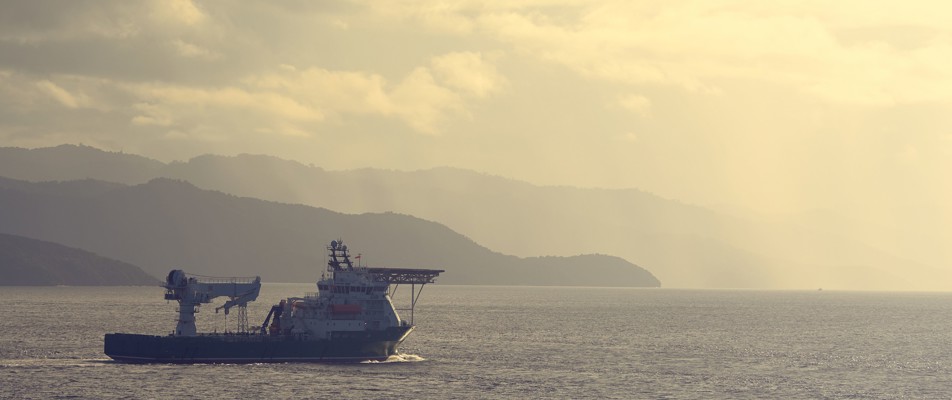Share your DP incident
Ensure the industry learns the lessons

Explore 0 DP events and incidents, shared freely with the industry to ensure lessons are learned, as part of our mission to improve performance in offshore delivery.
Individual entries can be downloaded as a PDF to easily share and print within your own organisation. Fully searchable for quick reference. What are these?
Total entries found: 139
Sorted by:
This case study covers events that occurred on the same vessel, eight months apart.
DPE 02/24
29 July 2024
Undesired event
An incident that occurred on an equipment class 2 MODU, during well intervention operations.
DPE 02/24
29 July 2024
Incident
With no steering control of the port azimuth thruster, and no other thrusters operational, the heading of the FPU could not be maintained.
DPE 02/24
29 July 2024
Undesired event
This case study examines an incident that occurred on an equipment class 2 MODU, during well intervention operations.
DPE 02/24
29 July 2024
Incident
A Dynamically Positioned vessel experienced a loss of Dynamic Positioning (DP) control while installing cable within a wind farm.
DPE 01/24
3 April 2024
Incident